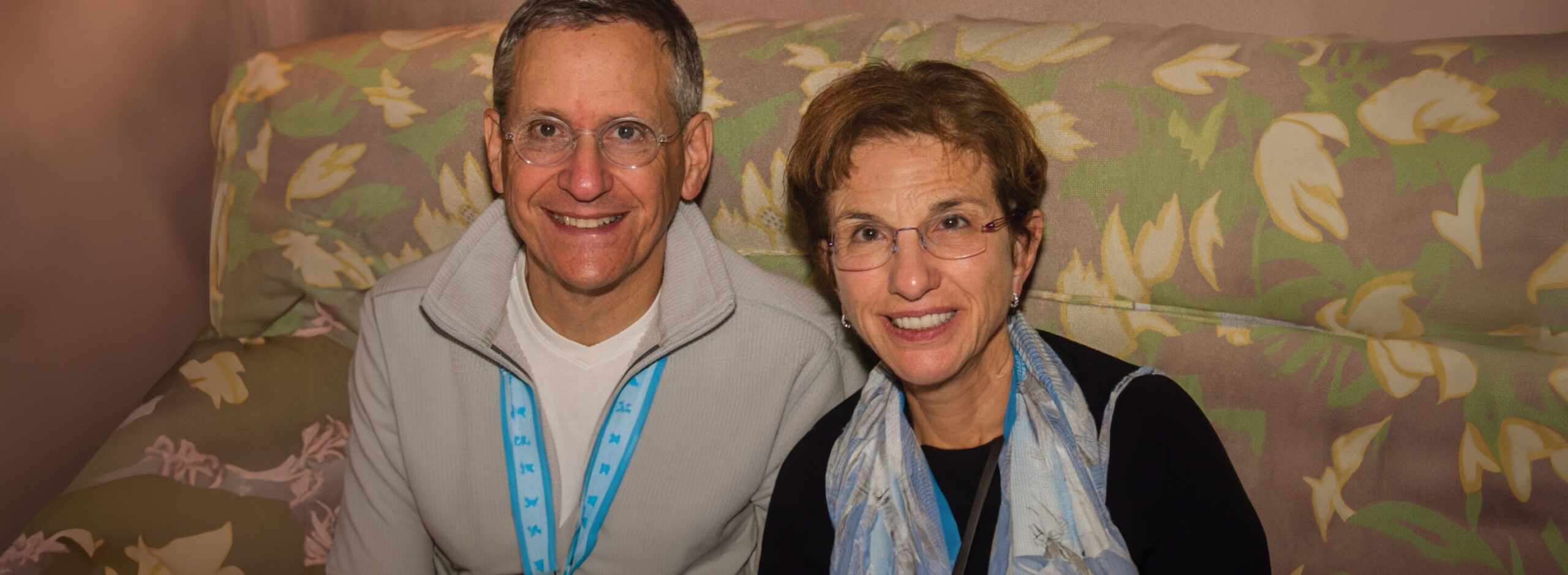
$5 million gift supercharges Women’s Brain Initiative
Rick and I are grateful for the opportunity to partner with the Brigham on advancing breakthroughs in women’s brain health. It’s rewarding beyond words to know patients and their loved ones will benefit from this work so profoundly.
Women suffer from chronic brain diseases in far greater numbers than men, with different risk factors, symptoms, and drug responses. For decades, efforts to better understand these differences have remained under-researched and under-funded.
Rick and Nancy Moskovitz’s $5 million gift in 2017 launched the Women’s Brain Initiative at the Brigham, which brought nationwide attention to gender disparities in brain health through research, publications, new collaborations, and conferences on gender gaps in science. Investigators have leveraged the Moskovitz’s contribution to raise an additional $30 million for the initiative.
Today, the Moskovitzes’ second $5 million gift to the Women’s Brain Initiative is ushering in the next phase of discovery.
Led by Dennis J. Selkoe, MD, co-director of the hospital’s Ann Romney Center for Neurologic Diseases, the initiative will expand on its priorities—including depression, Alzheimer’s disease, bipolar disorder, stroke, brain trauma, and eating disorders—while casting a broader health equity lens on women of color, women confronting socioeconomic adversity, and women and communities facing repeated stresses and trauma.
“There is a marked underrepresentation of minority populations in basic and clinical research,” Selkoe says.
“Rick and Nancy’s generosity helps address health equity by advancing our research into brain disease,” Selkoe continues. “We hope to soon predict, in a more nuanced and inclusive way, the patients at risk for neurologic and psychiatric diseases, the treatments that will be most effective, and the best ways to target new therapies.”
Katherine Burdick, PhD, faculty director for the Women’s Brain Initiative and vice chair for research in the Department of Psychiatry, notes the initiative has supported the work of many investigators, including her research into bipolar disorder and schizophrenia. She adds that research on sex differences impacts all patients.
“By neglecting to study sex differences in these diseases, researchers had only partial knowledge,” Burdick says. “The Women’s Brain Initiative helps researchers and practitioners gain a fuller understanding of brain diseases for everyone.”
“Rick and I are grateful for the opportunity to partner with the Brigham on advancing breakthroughs in women’s brain health,” Nancy says. “It’s rewarding beyond words to know patients and their loved ones will benefit from this work so profoundly.”